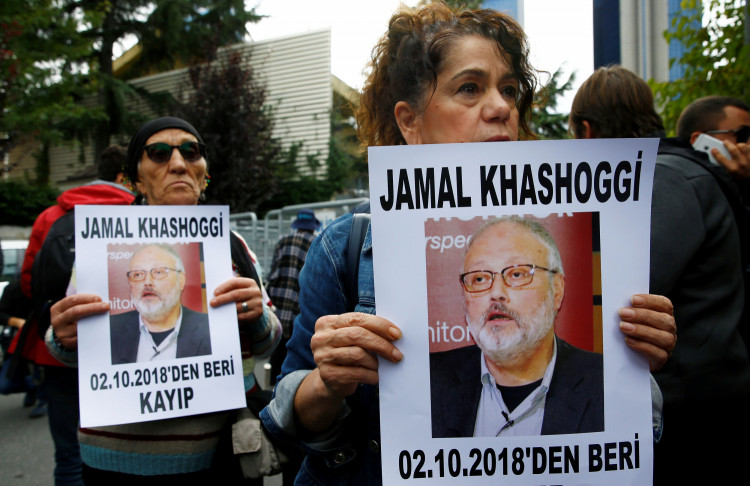The mystery surrounding the death of Saudi journalist but U.S. resident Jamal Khashoggi does not merely test the diplomatic ties between the kingdom and the international community, but it also placed numerous Saudi-backed U.S. companies at an extremely difficult position with regard to the moral values they support.
Saudi Arabia becomes the ultimate source of big funding for U.S. tech startups alone, not to include the kingdom's ventures on already established and known companies not just in the United States but across the world.
The Wall Street Journal noted that Crown Prince Mohammed bin Salman has invested about $11 billion into U.S. startups since 2016. The investments, whether directly through Saudi's Public Investment Fund or through Japan's SoftBank, have benefited 22 startups in the United States.
Saudi gave $45 billion to SoftBank Group Vision Fund, a Tokyo-based global advisory firm that aims to make investments in the technology sector. Through SoftBank, Saudi has closed deals in the United States that amounted to $17 billion, WSJ stated, citing data from PitchBook.
Saudi invested $4.4 billion in WeWork, a startup that popularized the concept of co-working spaces. The kingdom also holds $2.25 billion investment into General Motors driverless car subsidiary, GM Cruise Holding.
Slack and DoorDash are also among the companies that received funding from the Vision Fund.
Big tech companies have also received money from Saudi Arabia. The Vision Fund holds a stake of about 5 percent in Tesla.
At the most inconvenient position is Uber where Saudi invested $3.5 billion in 2016 and where a known Saudi official sits on its board.
Observers are keeping their eyes on Saudi-backed startups, particularly those in Silicon Valley. These companies are known to have idealistic employees that would assert their principles especially on pressing social issues.
Venky Ganesan, an investor at Menlo Ventures, told WSJ that Khashoggi's death tests the companies' fundamental positions on one extremely important issue: human rights.
At the heart of the issue is the allegation that Saudi's Crown Prince himself was behind the assassination of Khashoggi.
The journalist was last seen on Oct. 2 going to the Saudi consulate in Istanbul. Now, reports said that his body was dismembered in what could be an interrogation that went uncontrolled. Some reports said Saudi officials had only intended to interrogate him regarding his strong criticism of Saudi under the rule of the Crown Prince but the questioning escalated in torture and eventual murder of the journalist.
Saudi Arabia has initially denied any hand on his death. Anonymous sources, however, said that the kingdom is now planning to reveal how Saudi agents participated in Khashoggi's controversial death.
If allegations against Saudi are true, the kingdom is risking its Vision 2030, a major project that aims to diversify its economy from oil toward other economic platforms.
According to CNBC, Saudi has been actively investing in tech firms so it could gather partners it could attract to set up businesses inside Saudi Arabia.
The Vision 2030 is a project targeted at expanding Saudi's cultural and industrial reach. Ultimately, the Crown Prince envisioned Saudi becoming a global investment powerhouse through the initiative.
Majority of Saudi's investment partners may bow out from their current or future deals with Saudi. In fact, Business Times previously reported that a lot of supposed participants of an investment event in Saudi next week have canceled their attendance.





